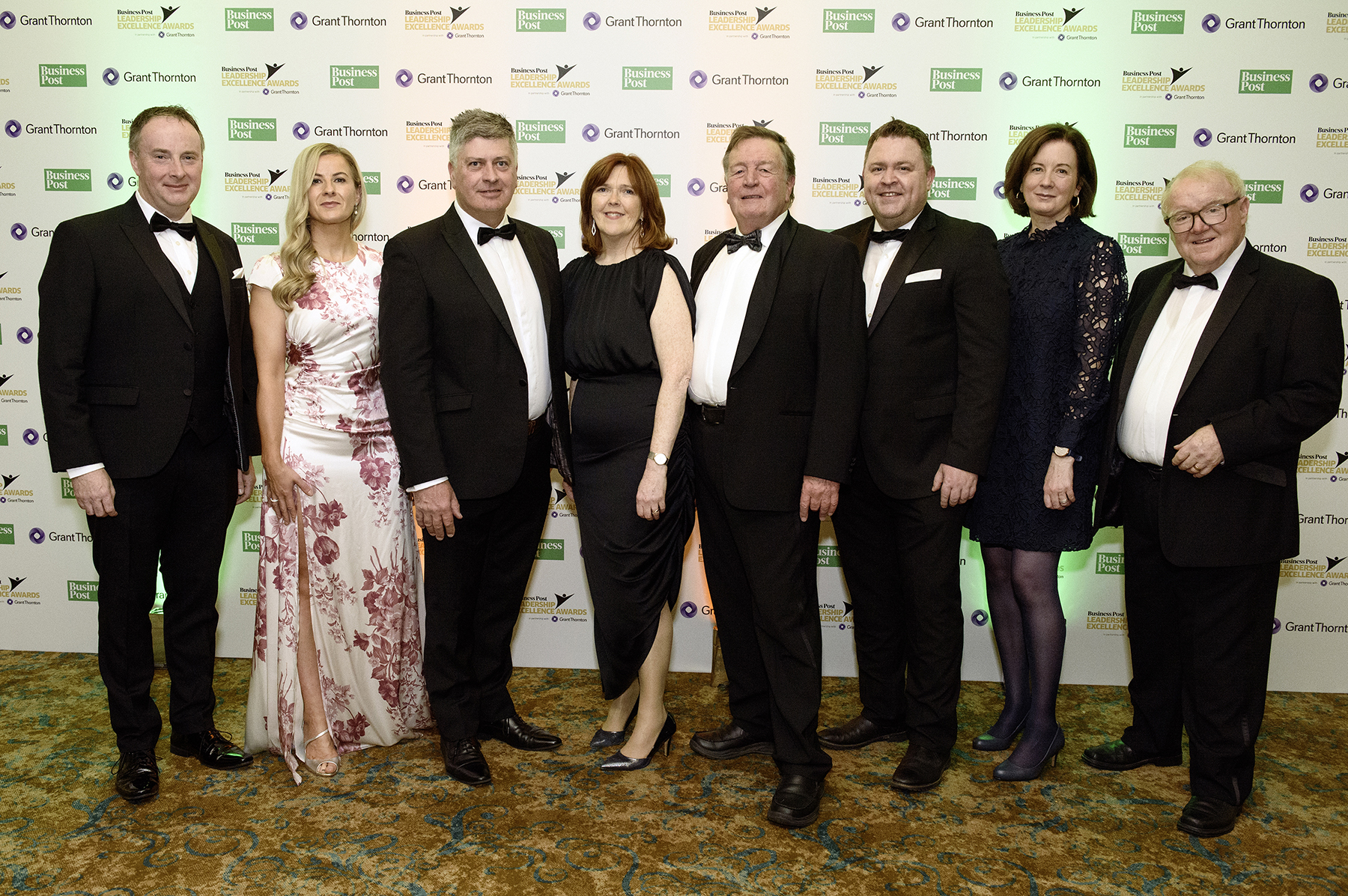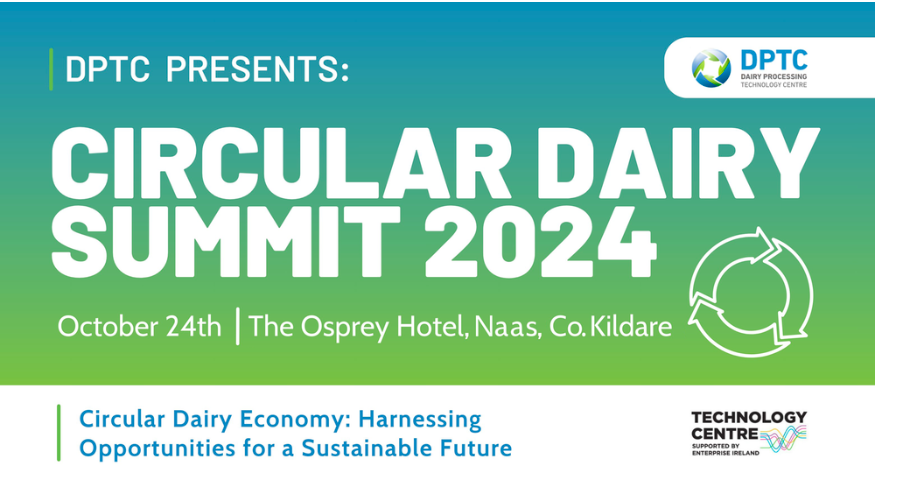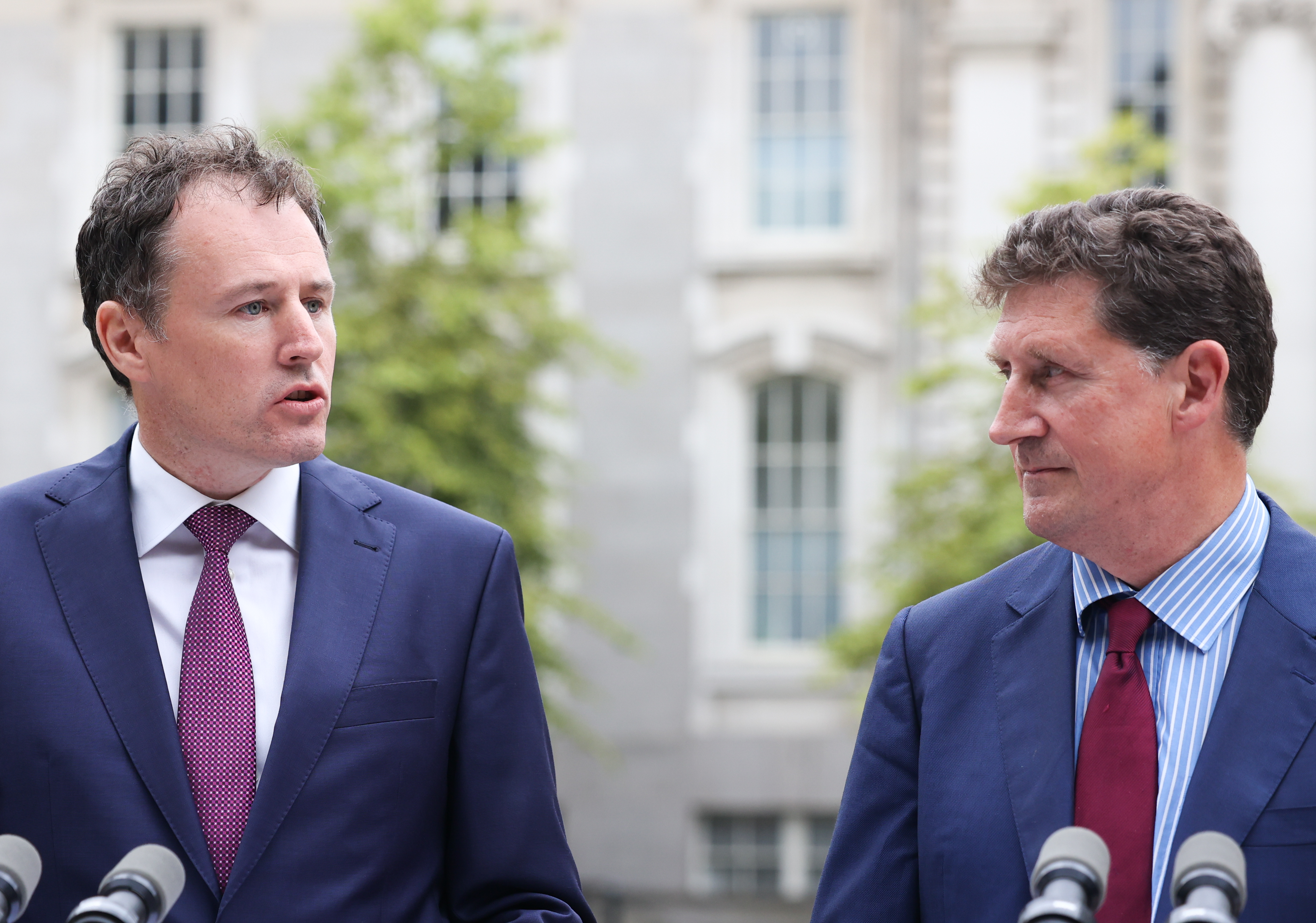RGFI received leadership recognition from the Business Post this month, as CEO PJ McCarthy,…
National Biomethane Strategy – opportunity to support “pent up” demand and mandatory industry targets.
Call for minimum of 50% capital funding, a level playing field to enable agri food businesses avail of indigenous biomethane, and planning frameworks.
In anticipation of the announcement of the National Biomethane Strategy, members of the Renewable Gas Forum Ireland (RGFI) meeting in Portlaoise this week, urged Ministers McConalogue and Ryan to ensure that the Strategy enables the level of scale and maturity required to meet the needs of industry, and to achieve the national decarbonisation targets by 2030.
The RGFI December members meeting heard from officials from the Department of Agriculture, Food and the Marine, (DAFM ) and the Department of the Environment, Climate and Communications (DECC) who are currently developing the National Biomethane Strategy that will define the strategic direction for the production and delivery of 5.7 TWh of indigenously produced biomethane. The Strategy is expected to be approved by Government in coming weeks.
“Ireland is a laggard in relation to biomethane and understandably our members have a powerful ambition to meet the “pent up” demand from industry. We are looking forward to working with Government to ensure a sustainable and resilient biomethane and circular bioeconomy industry is developed, however, to deliver in a meaningful way will require four essential ingredients:
- funding – a minimum 50% capital funding is a basic requirement
- a level playing field to ensure that the biomethane is available to the indigenous sectors most in need who may not be able to compete for it on the open market.
- low cost finance – high interest rates impact on cost of production.
- a clear framework addressing regulation, planning, and approvals.
“Biomethane should be directed to those sectors with most economic impact, with high thermal energy use, and where it will have most impact in achieving substantial decarbonisation benefits. In particular, Ireland’s national food strategy targets the emergence of Ireland as a leader in sustainable food systems and the reality is that to achieve this, our indigenous agri food companies need competitive and sustainable solutions. As our largest indigenous industry, this difficult-to-decarbonise, but relatively lower margin sector , must be able to compete and secure biomethane on the open market.
Our members look forward to working with Government and through wider collaborations with key stakeholders to deliver the ambition to place biomethane production and its co-products, at the heart of Ireland’s decarbonisation, energy security and circular bio-economy”, said Mr JP Prendergast, Chairman of RGFI.
Addressing RGFI members, Russell Smyth, KPMG Sustainable Futures commented “In line with trends across Europe, KPMG is observing remarkably strong growth in the biomethane sector across Ireland. This includes developers seeking to construct new renewable gas production facilities locally, encouraged by increasingly positive Government sentiment and policy support, as well as from a wide range of indigenous businesses who increasingly consider biomethane an essential component of their decarbonisation pathways”.
RGFI is advising its members, who include industrial gas consumers in the manufacturing and processing sectors; AD developers / operators; farmers; community organisations, public agencies, shippers, and academics, to be prepared to move quickly once the National Biomethane Strategy is published.
Also speaking at the RGFI Meeting, Russell Smyth and Phillip Connolly of KPMG reported on the significant level of market activity in the development of AD biomethane plants. Paul Murphy, CEO of Climeaction, highlighted the urgency of developing an industry at scale to meet demand from industry.



